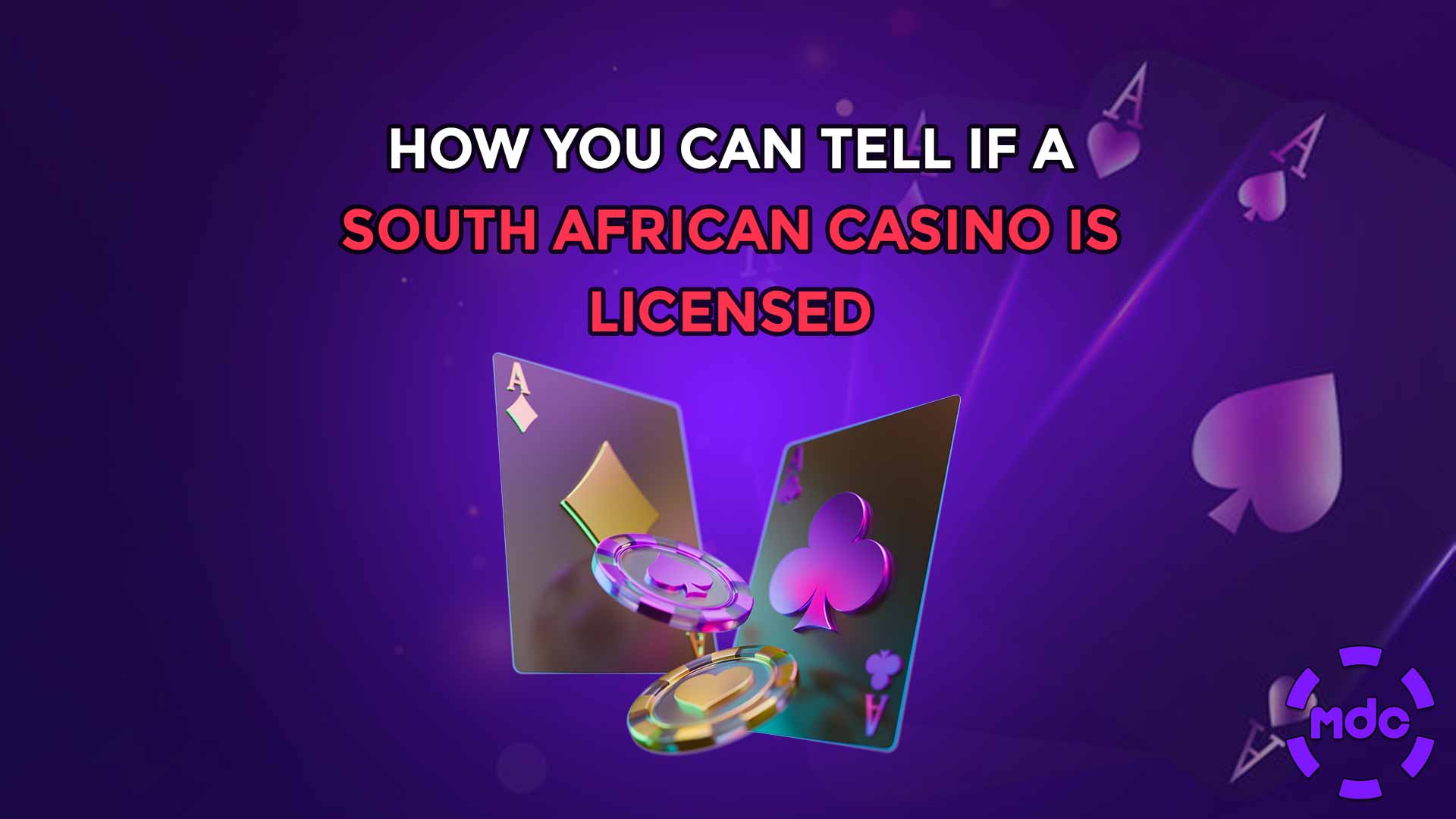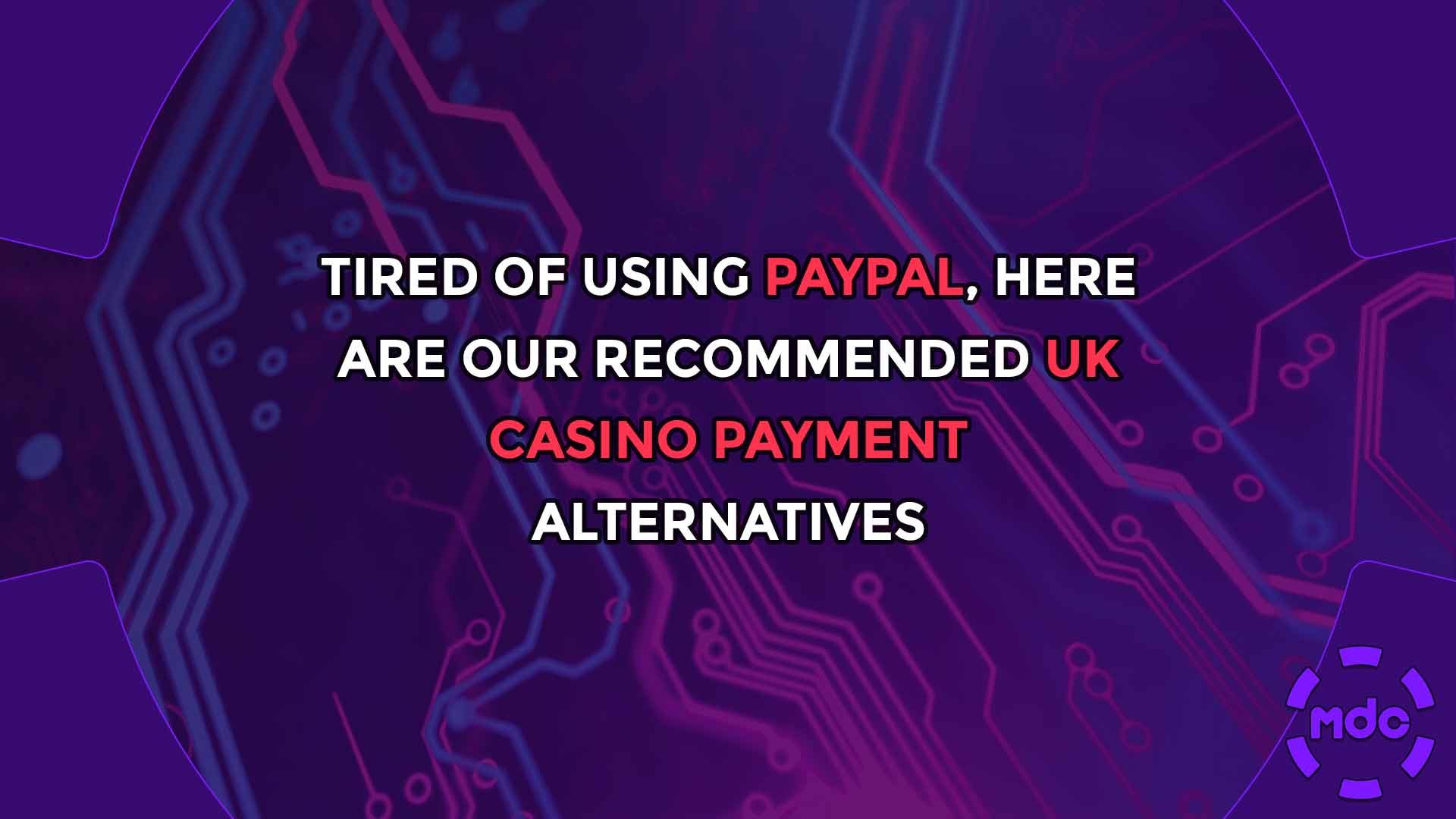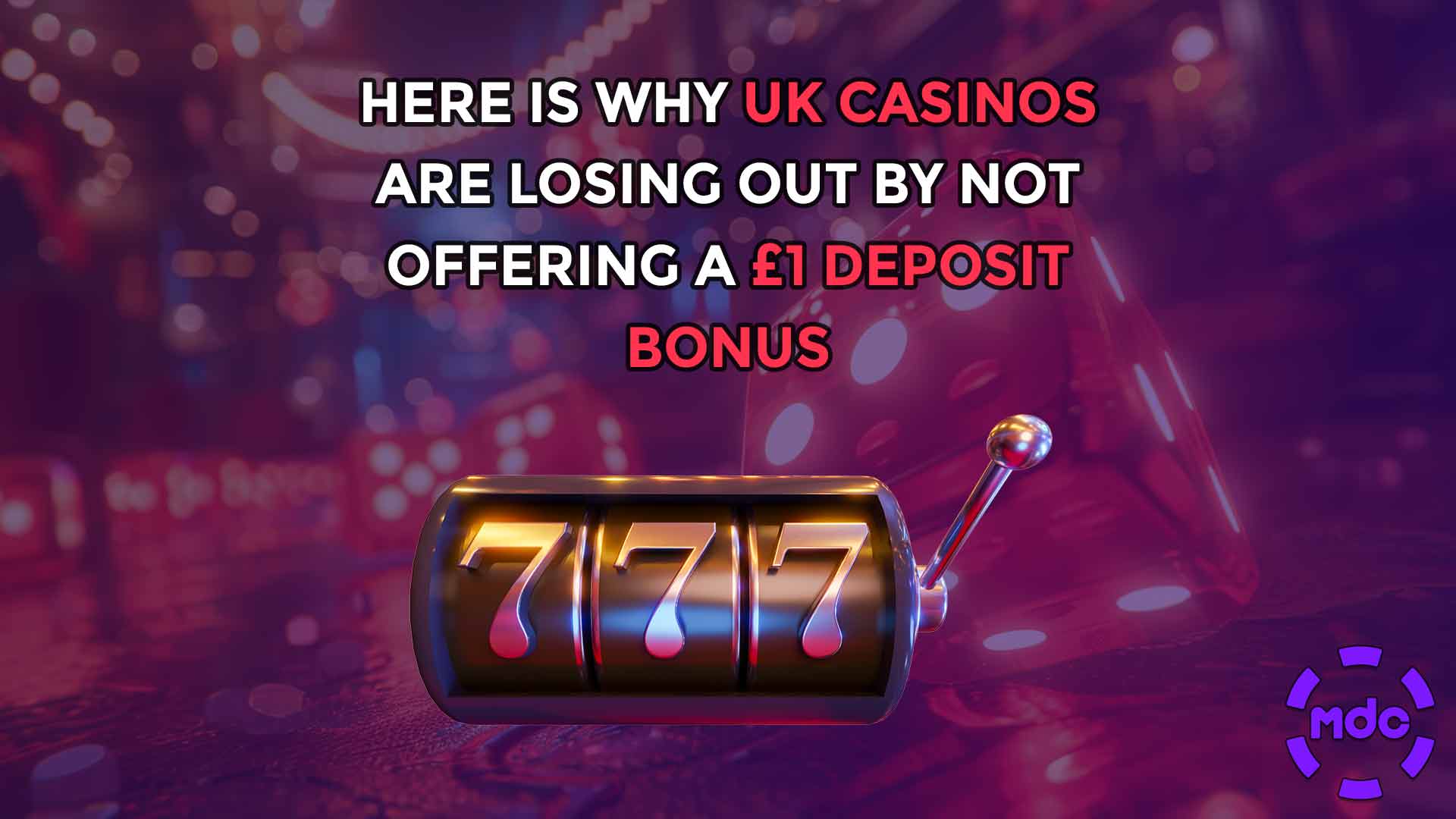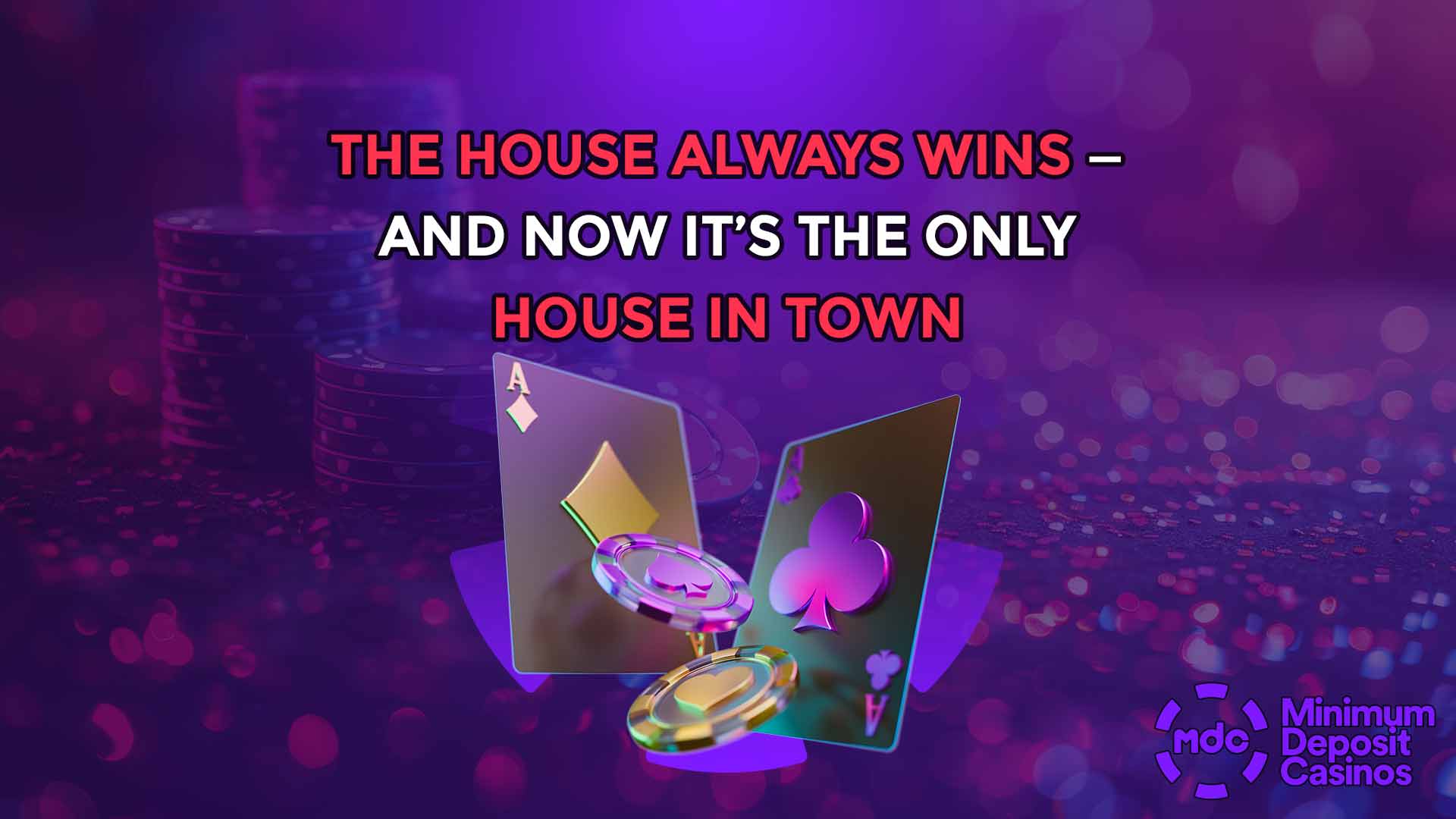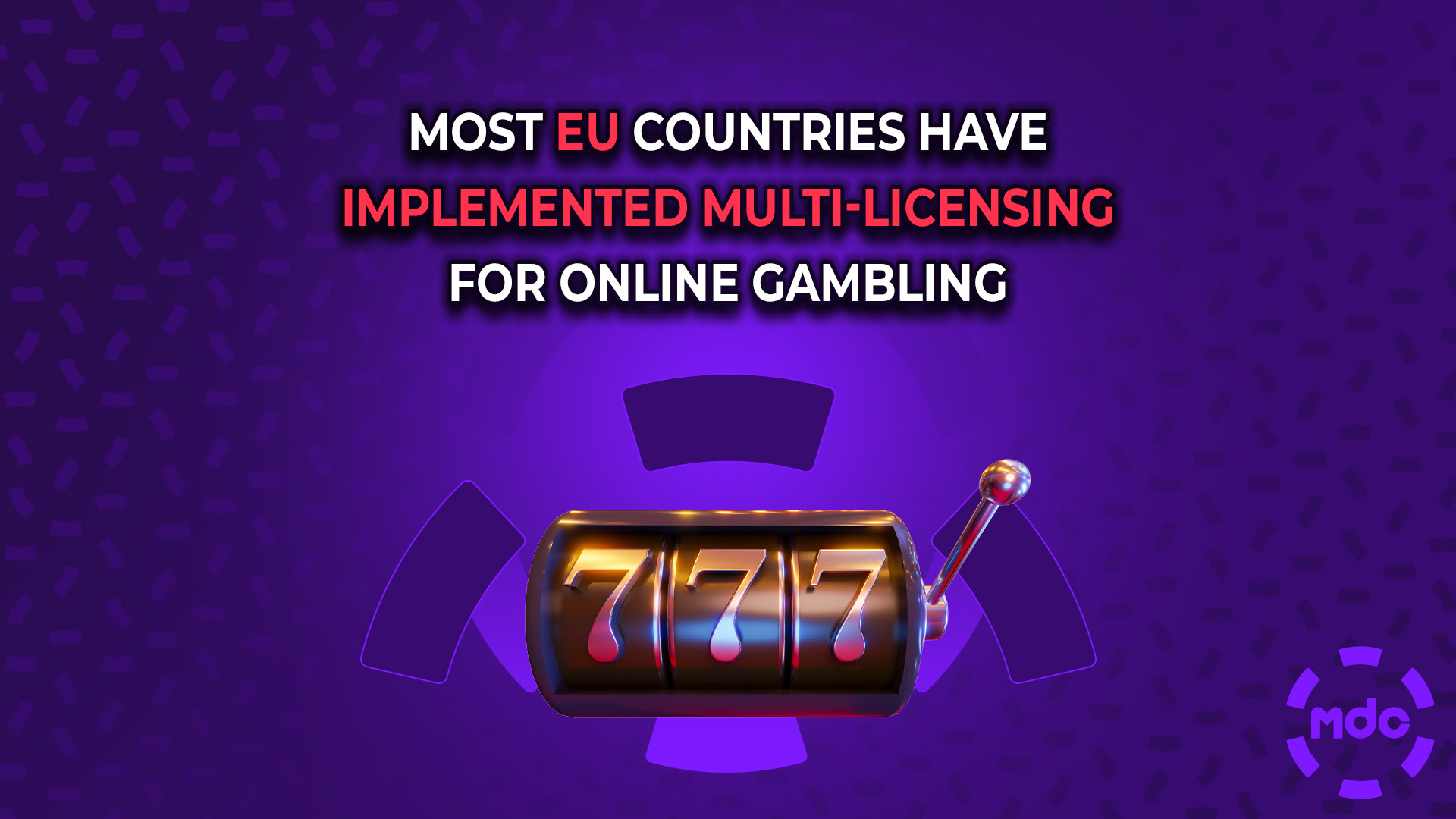
Most EU countries have implemented multi-licensing for online gambling
By Shadrack Kairu
Europe’s internet gambling industry has changed significantly over the past decade and a bit. What was once considered a regulatory wild west – ridden with outdated frameworks and monopoly systems – is now a liberated multi-licensing approach. This has shifted things a bit, giving rise to open competition and progressive consumer protections.
This pivotal shift has been brought to light by new research from the European Gaming and Betting Association (EGBA), which found that an impressive 27 out of 31 European countries surveyed have adopted some form of multi-licensing system for online casinos. It’s a stark contrast from the landscape of 15 years ago and underscores the momentum towards harmonizing regulations to meet both public policy objectives and consumer demands.
“The momentum towards full multi-licensing for online gambling in Europe is undeniable. While a few exceptions still exist, governments are concluding that public policy objectives, particularly related to consumer protection and tax generation, are more effectively met through well-regulated online competition.”
Maarten Haijer, Secretary General of the EGBA
What does the multi-licensing approach mean for casino operators in the EU?
So, what exactly does this multi-licensing approach mean for the various stakeholders including casino operators? For starters, it unlocks a classic catalyst for innovation – competition. By allowing multiple operators into a regulated market, they must compete for consumers by differentiating their offerings, whether through innovative product experiences, enticing promotions, or exemplary customer service.
As Haijer notes, this competition also helps drive one of the core goals for regulators – protecting consumers. “With over 15 years of regulatory experience in Europe, it’s clear that full multi-licensing offers the best pathway to enhance consumer protection, increase tax revenues and ensure stronger regulatory control,” he said. Strict licensing requirements that operators must meet help weed out bad actors, ensuring only legitimate operators who will play by the rules can enter the market.
On top of that, competition keeps operators in check by giving consumers choice. If one operator falls short on consumer protection, games security/fairness, responsible gambling resources, or any other areas governed by regulation, consumers can easily take their business to another licensed site within that market. Essentially, this helps to create natural incentives for operators to uphold high standards.
For consumers, the multi-licensing model delivers tangible benefits beyond just more choices of where to play. Thanks to licenses essentially serving as robust feathers of approval from regulators, they can enter these regulated sites with confidence that they are safe and legal and that their consumer interests are being prioritized. No longer do they have to risk their money and personal data at rogue offshore sites.
At the same time, multi-licensing helps regulators achieve another key objective – increasing tax revenues from online gambling. By licensing multiple operators, they unlock numerous new streams of tax income that can be reinvested in areas like education, infrastructure, and social programs. It’s a classic vindication of regulating and legitimizing an activity rather than trying to prohibit it.
How regulation around online gambling has transformed over the last decade
To fully appreciate the landscape shift that the EGBA’s research illuminates, it’s important to rewind back to over a decade ago. At that time, the European online gambling sphere was more akin to the modern crypto wild west.
Many countries had simply failed to take any concrete action to regulate online gambling, which was rapidly growing in popularity thanks to the broader proliferation of the consumer internet and mobile devices. This inaction opened the door for unlicensed offshore operators to target citizens essentially unchecked.
Others tried to take a hardline prohibitionist stance, banning online gambling entirely through draconian laws. But as is so often the case with prohibitions of popular vices, this led to the creation of a vast black market that took the activity completely out of the sidelines. Licensed and responsible operators were barred, leaving the field wide open for unscrupulous actors operating illegally.
Then there were the government-sanctioned monopolies, where only a single state-owned operator was allowed to offer online gambling. While preferable to prohibition, these monopolies eliminated any competition or motivation for innovation and fair consumer practices.
Across all of these policy shortcomings was a common thread – a failure to adequately protect consumers. With online gambling growing at a rapid clip thanks to technological trends, letting it persist as an unregulated vacuum was leading to myriad consumer risks. Shady operators could defraud players. Consumer funds could be misused or outright stolen. The integrity of games could be compromised with no oversight. There were virtually no responsible gambling safeguards in place.
For forward-thinking European policymakers, it became clear that a more progressive regulatory approach was required. One that would channel this booming consumer activity into a safe, legal, and consistently regulated environment. The multi-licensing model quickly emerged as the solution that could strike that ideal balance between an open market and robust consumer protections.
The multi-licensing movement takes hold
As the early 2010s progressed, more and more European countries started overhauling their online gambling laws in favour of this multi-licensing framework that had already proven successful in pockets like Gibraltar. By 2013, major markets like the UK, Denmark, Spain, and Italy had fully embraced the approach, issuing licenses to reputable private operators and implementing clearly defined regulatory guidelines they would need to follow.
Some countries adopted the model across all online gambling verticals like casinos, poker, sports betting etc. Others deployed a more piecemeal approach, first implementing multi-licensing for certain verticals while maintaining restrictions on others based on cultural factors. Jurisdictions like France, for example, still prohibit most forms of online casino gaming.
While there are still some holdout monopolies and prohibitions that remain, the EGBA’s latest research confirms just how widespread this multi-licensing movement has become over the past 15 years across the European continent.
Out of the 31 countries analyzed, a full 23 now have adopted a multi-licensing system across the board for all forms of regulated online gambling. Four others have moved to mixed models, where multi-licensing frameworks are in place for certain verticals like sports betting, while other areas remain under monopolistic control or outright bans. Just four jurisdictions have failed to make any move towards multi-licensing, including Norway, Iceland, and Luxembourg.
Perhaps most notably, the research highlights the imminent end of the last pure online gambling monopoly within the European Union. The Finnish government is currently undergoing the process of shifting the country to a full multi-licensing regime by 2026. It’s a remarkable shift considering the state-owned Veikkaus had a complete monopoly for decades.
Background of EGBA
Formed in 2007, the European Gaming and Betting Association (EGBA) is an influential Brussels-based trade association. It represents leading online gambling operators across Europe. This body champions a well-regulated, secure online gambling market with an aim to safeguard consumer protection and industry integrity.
A core objective for EGBA is fostering harmonized regulatory frameworks within the European Union. Recognizing disparate national legislations, it actively engages EU institutions and member states. The goal? To ensure consistent, coherent regulation by upholding consumer rights and ensuring fair competition.
Moreover, EGBA significantly shapes policy discourse and decision-making processes. Robustly emphasized are consumer protection measures, responsible gambling initiatives, and stringent safeguards implementation. Through collaborative efforts, it maintains integrity and responsible gaming standards.
Notably, EGBA disseminates industry knowledge, and expertise through research, publications, and events. This facilitates a deeper understanding of the landscape.
Roadblocks and opportunities ahead
As successful as the multi-licensing movement has been, the EGBA’s report serves as a reminder that the work is far from complete. There remain a handful of nations, particularly in the Nordic regions, that have yet to fully embrace the regulatory path forward.
Norway and Iceland, for example, still maintain online gambling monopolies controlled by their respective governments. Putting aside debates around whether that is an optimal model for best-serving consumers, such monopolistic systems have the inherent challenge of creating compelling online gambling experiences that can compete with offshore unlicensed operators.
As the EGBA notes, “Discussions regarding the future of the online monopoly in Norway and Iceland are inevitable.” Regulators in those jurisdictions are likely feeling immense pressure across Europe to transition away from models that restrict consumer choice and product innovation, while also failing to generate significant tax revenues that could be driven through a licensed multi-operator market.
Then there are countries like Luxembourg which lack any substantial dedicated regulations for online gambling. In today’s internet era, that means citizens are essentially left unprotected and forced to seek unlicensed offshore sites. Given the nationwide impacts of problem gambling and the lost tax revenue opportunities, maintaining the status quo of non-regulation is increasingly untenable.
For those final few monopolies and unregulated markets, the EGBA is clear in stating “the time has come for the last remaining European countries to embrace this optimal form of online regulation.”
Looking ahead, the multi-licensing movement’s momentum shows no signs of slowing. As more and more jurisdictions complete their transitions and reap the benefits of well-regulated competition, increased tax revenues, robust consumer protections, and the channelization of players away from black markets, the pressure will only intensify on the remaining holdouts.
| Media site | Link |
|---|---|
| EGBA | Europe is well on its way towards full multi-licensing for online gambling – new analysis – EGBA |



